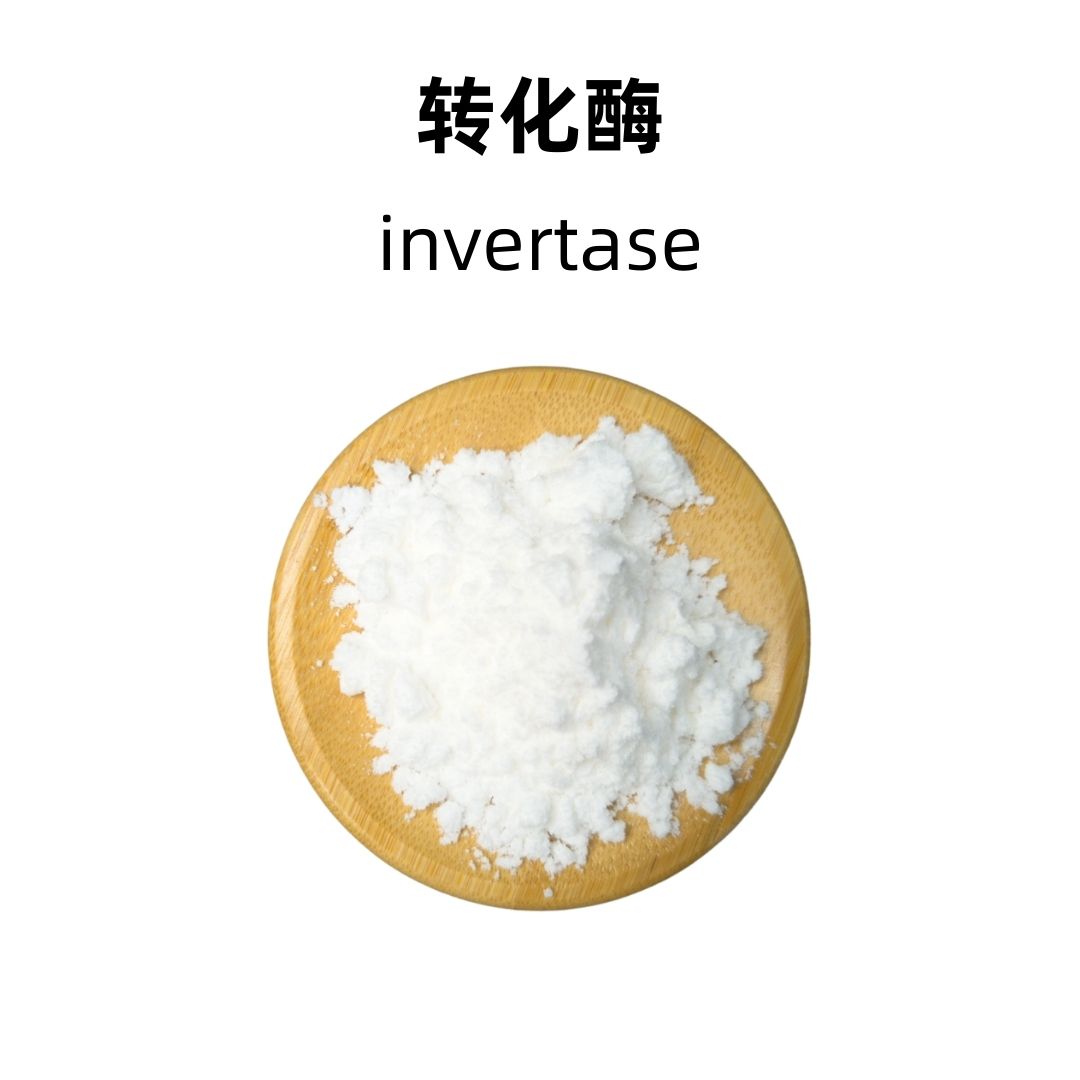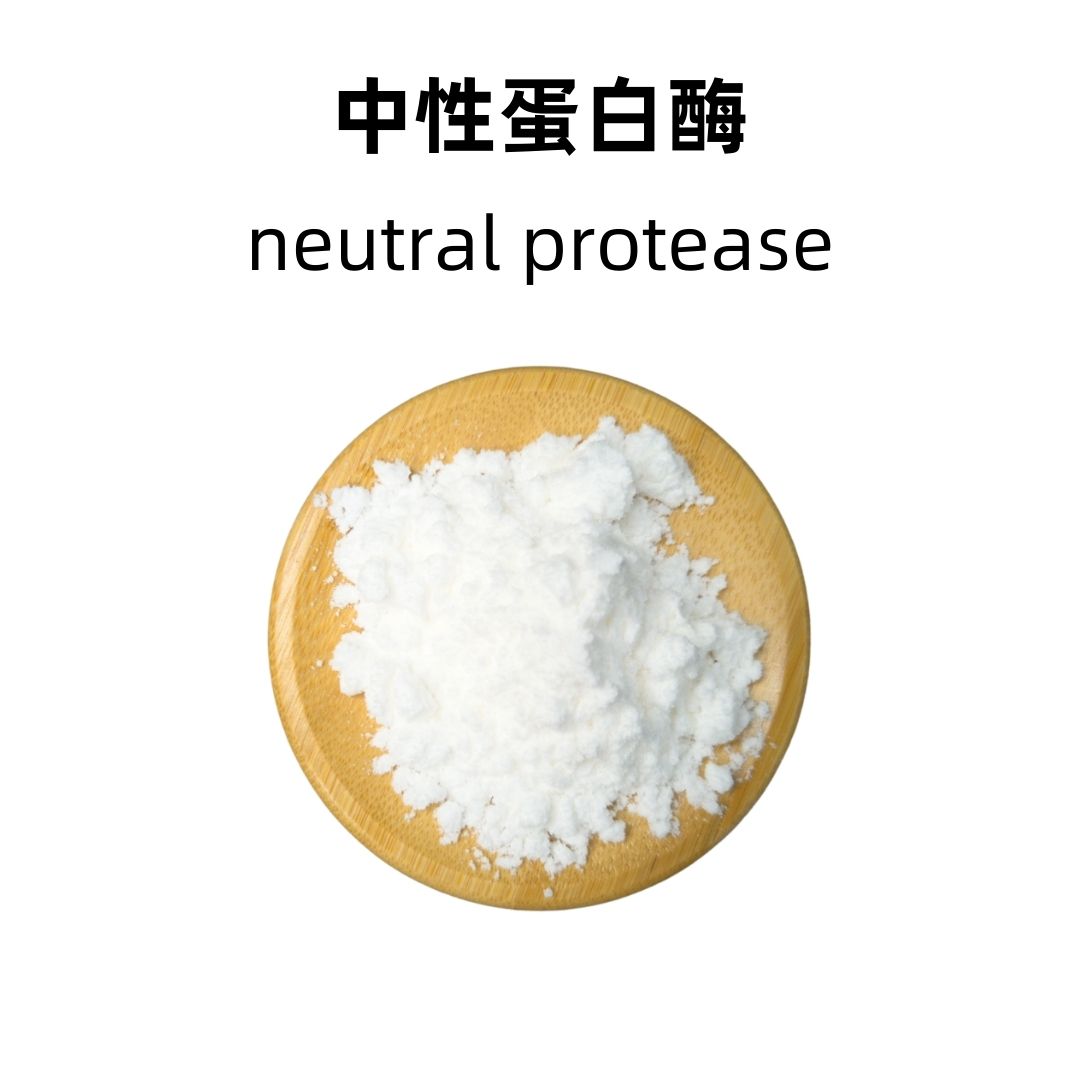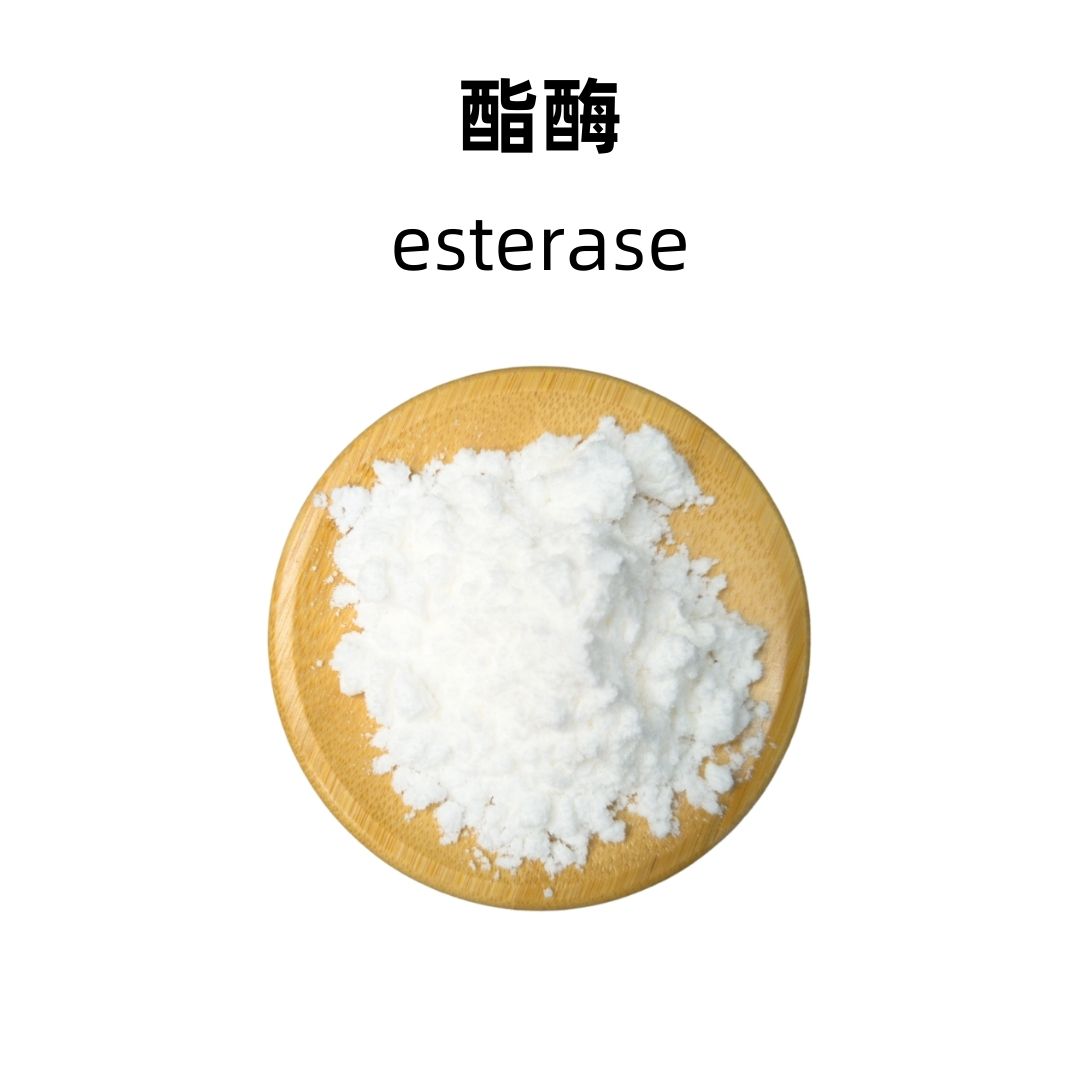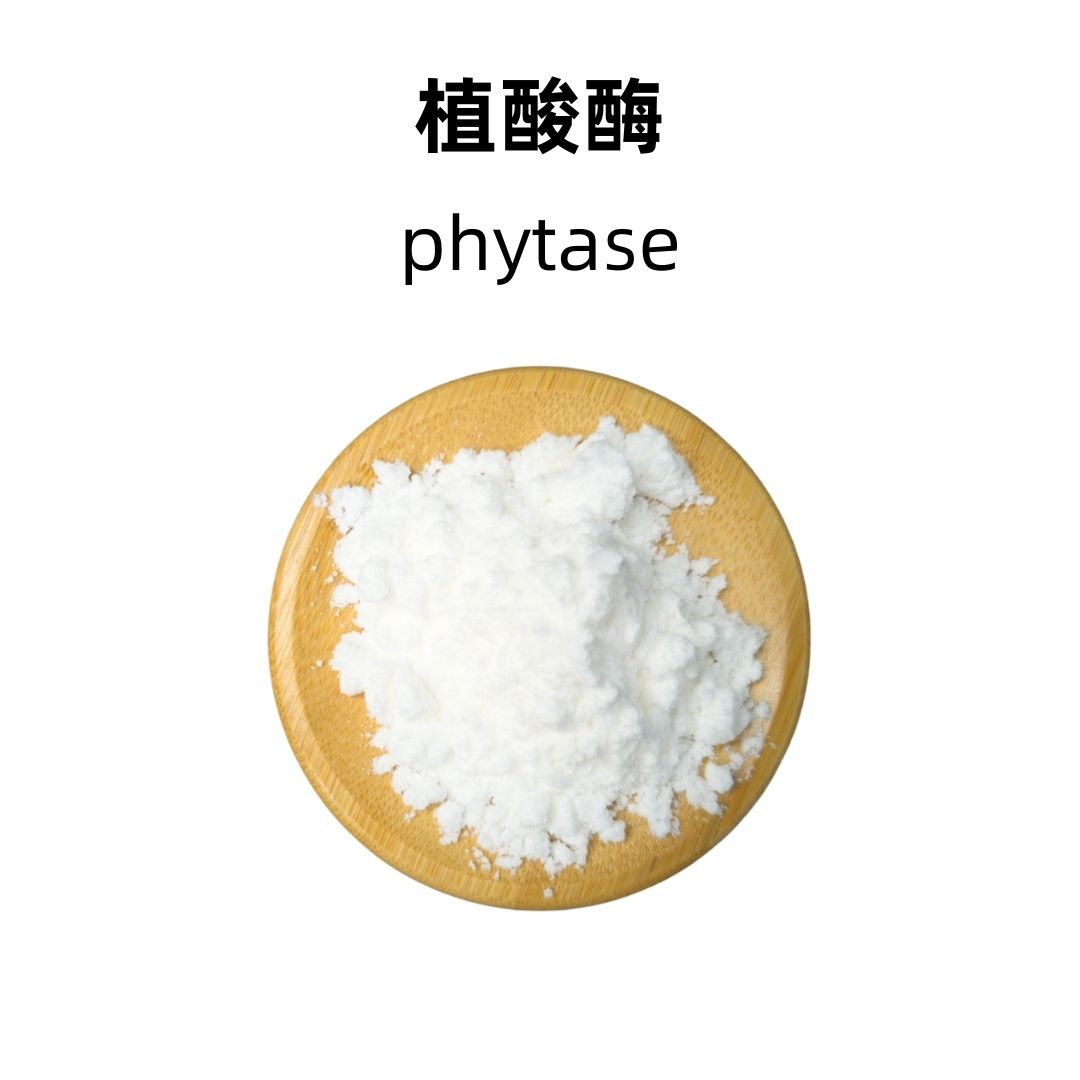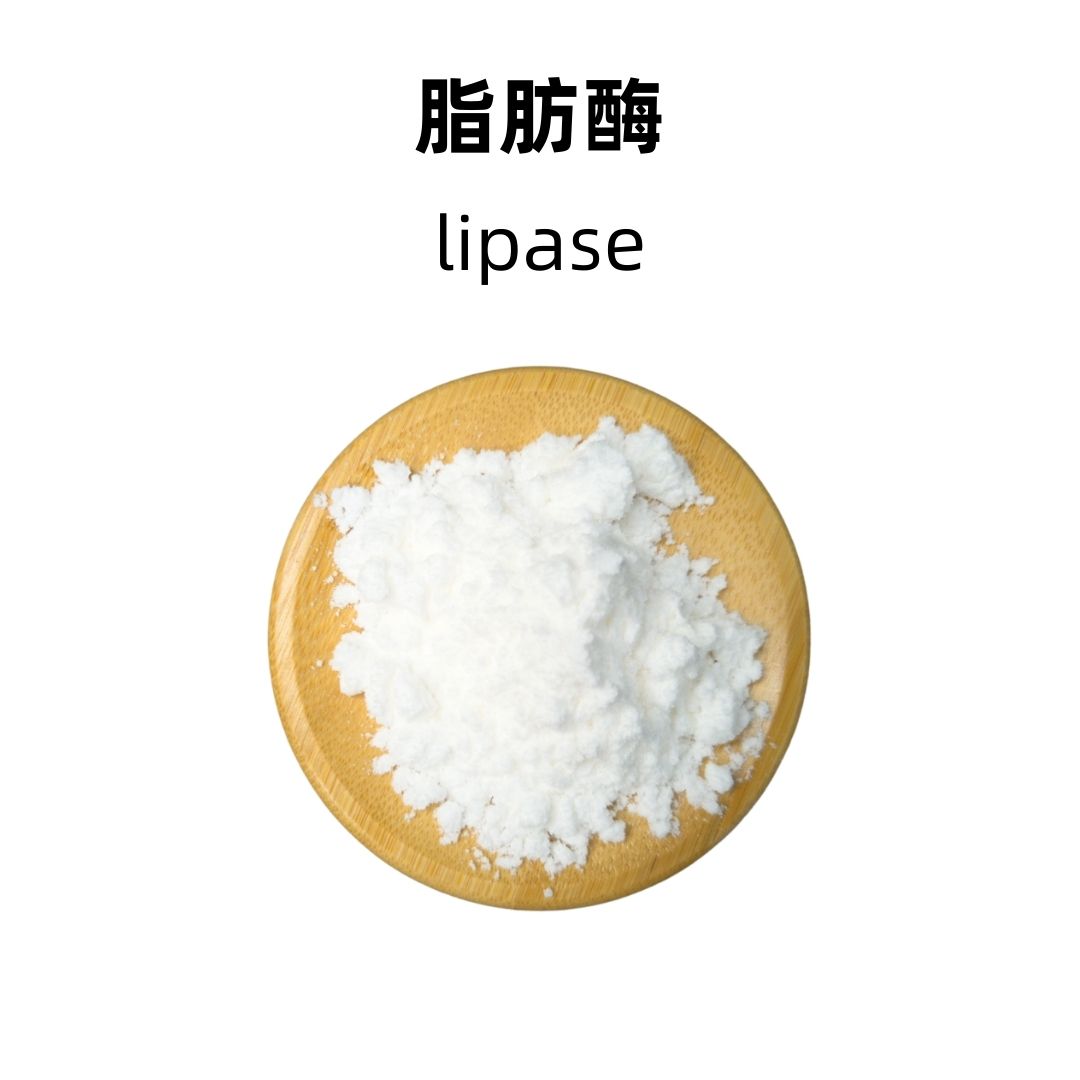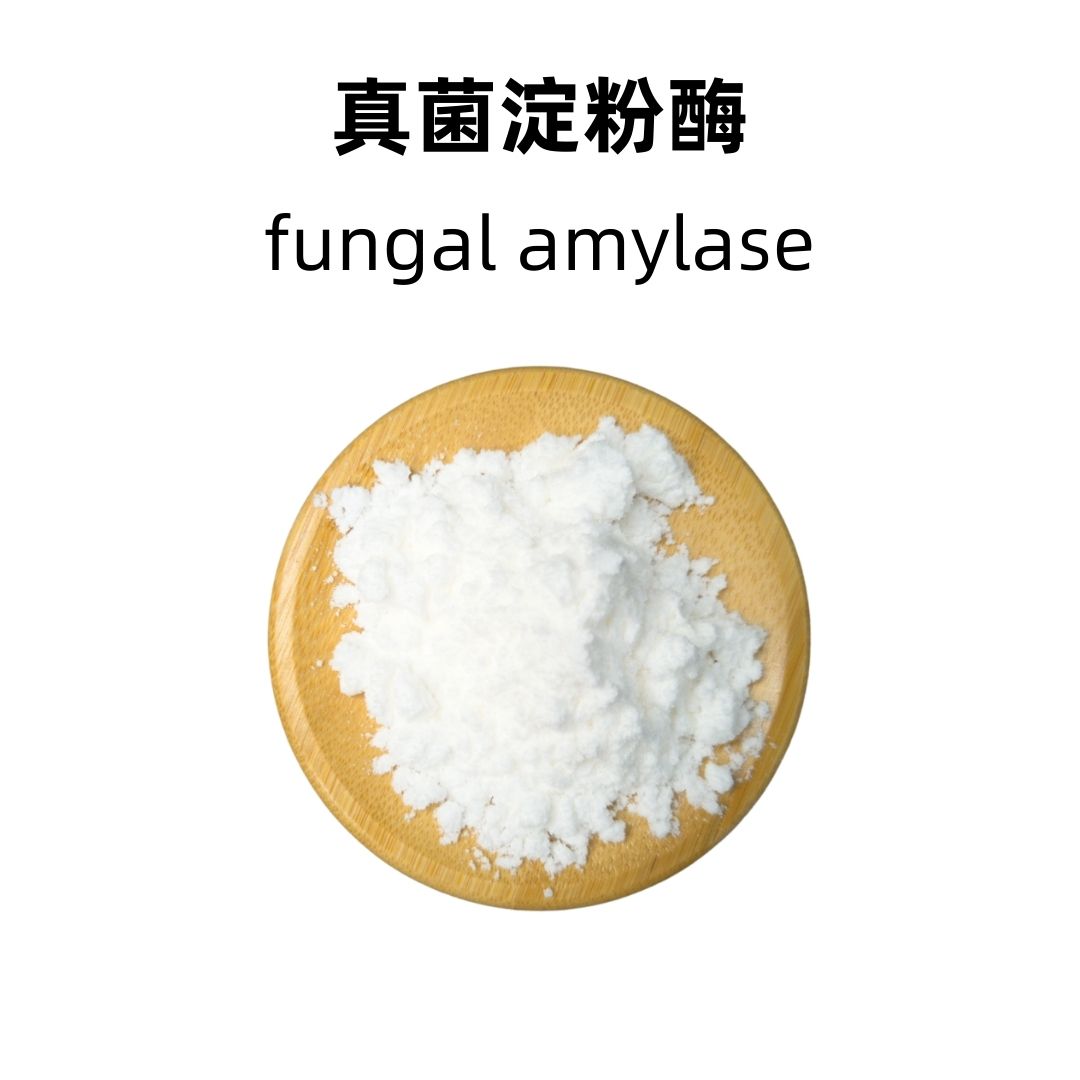Product Introduction
Laccase is an enzyme primarily produced by fungi and some bacteria. It plays a vital role in various biochemical processes, including the degradation of lignin in wood and the oxidation of phenolic substrates. This enzyme can also be found in plants and insects, contributing to their physiological processes.
Production Process
The production of laccase typically involves fermentation using specific fungi, such as Trametes versicolor or Ganoderma lucidum. In a controlled environment, these fungi produce laccase, which can then be harvested and purified. Various methods like centrifugation and chromatography are employed to ensure the enzyme's purity and activity.
Effects and Functions
Laccase has several biological functions, including the decomposition of lignin, which is a complex plant polymer. Its ability to oxidize phenolic compounds makes it useful for applications like wastewater treatment, where it helps break down toxins. Moreover, laccase contributes to the polymerization of phenolic compounds, which can lead to the formation of new materials in various biochemical processes.
Application Scenarios
In the textile industry, laccase is often used for decolorizing dyes and treating wastewater. The food industry utilizes this enzyme for processes such as extending shelf life by reducing oxidation. Additionally, in the biotechnology sector, laccase is used to synthesize biofuels from lignocellulosic materials and to facilitate bioremediation efforts.
Packaging and Storage
Storage Conditions: Laccase should be stored in a sealed container, protected from light and kept away from high temperatures. The ideal environment is dry, cool, and well-ventilated to ensure stability.
Packaging: The product is available in bulk packaging of 25 kg per fiber drum, with smaller samples provided in 1 kg aluminum foil bags. Custom packaging options can be arranged upon request.
Shipping Methods: Available shipping methods include FedEx, DHL, dedicated logistics, and sea freight consolidation to suit different needs.
Shelf Life: Laccase has a shelf life of two years when stored properly under recommended conditions.
Monica Sun possesses extensive technical expertise and market insights in the food additives industry. She excels in designing efficient and safe additive formulations tailored to various food applications, ranging from sweeteners to functional dietary fibers. Monica has successfully assisted food manufacturers in optimizing ingredient combinations to enhance product quality and improve consumer satisfaction.









